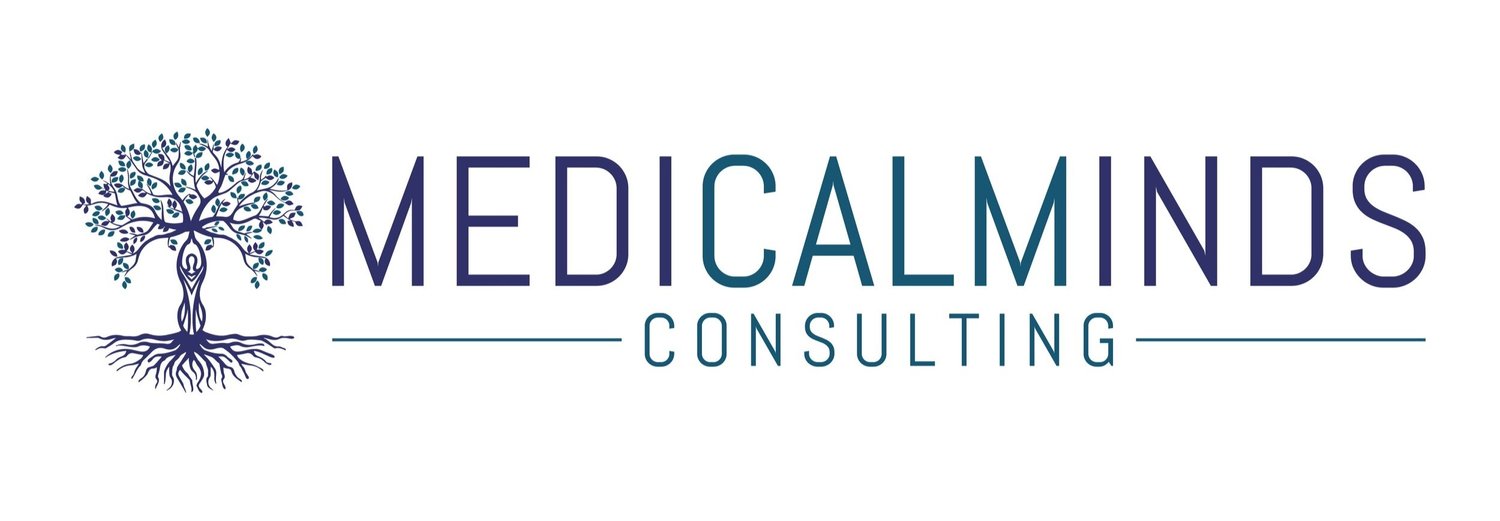Knowledge Isn’t Enough…
…to practice medicine or change your thoughts.
Recently I’ve been sharing some coaching tools that can help you experience more of what you want in life and less of what you don’t. But just like in medicine, it’s not enough to memorize facts or steps in a procedure. Practice is necessary to really make progress.
We learn a tremendous amount in medical school. But we’re not ready to take care of patients on our own. Which details are important? All of them? None of them? We don’t always know when to do it until we complete our training with a residency, possibly also a fellowship, and then have the ongoing experience of applying learning to actual patient care.
That’s why we have the additional training, but it’s really just the beginning. So we need both the knowledge base and the skill, and we need to learn it so well that it becomes second nature, part of who we are, what we do, and how we live in the world.
You have to practice. You have to keep practicing. If you don’t, the knowledge slips away into the mental clutter of all the other things you know. And when you get out of the habit of practicing certain material, you may need to go back and learn it again or on a deeper level.
Coaching tools are similar. There are lots of tools and it takes a while to identify which ones really work for you and allow you to make positive changes.
Even when you identify, oh, that tool really worked for me, you may not remember to utilize it the next occasion that you need it if you don’t practice it. Repeatedly.
Until it too becomes a habit, part of who you are, part of how you think, feel and act. Part of your identity. If you really want your life to change, your identity will have to change as well.
There are books you can read to learn tools and add habits. There are classes you can take that help you to remember to use the tools and become accustomed to their use. There are also individual and group coaching you can participate in to help you gain familiarity, even mastery, with these tools. Part of coaching is cementing that knowledge with practice and with ongoing accountability to do so.
But even well-trained, certified coaches have to incorporate the tools into daily life to get the full and long-lasting benefits from coaching tools.
You have to actualize the knowledge in real situations. Just thinking about weight lifting won’t make you stronger. To develop a new skill or attribute, theory cannot substitute for practice.
Just like in medicine, you have to practice what you’ve learned.
Coaching can help (you figure this out.) Click the button below for more information about coaching























